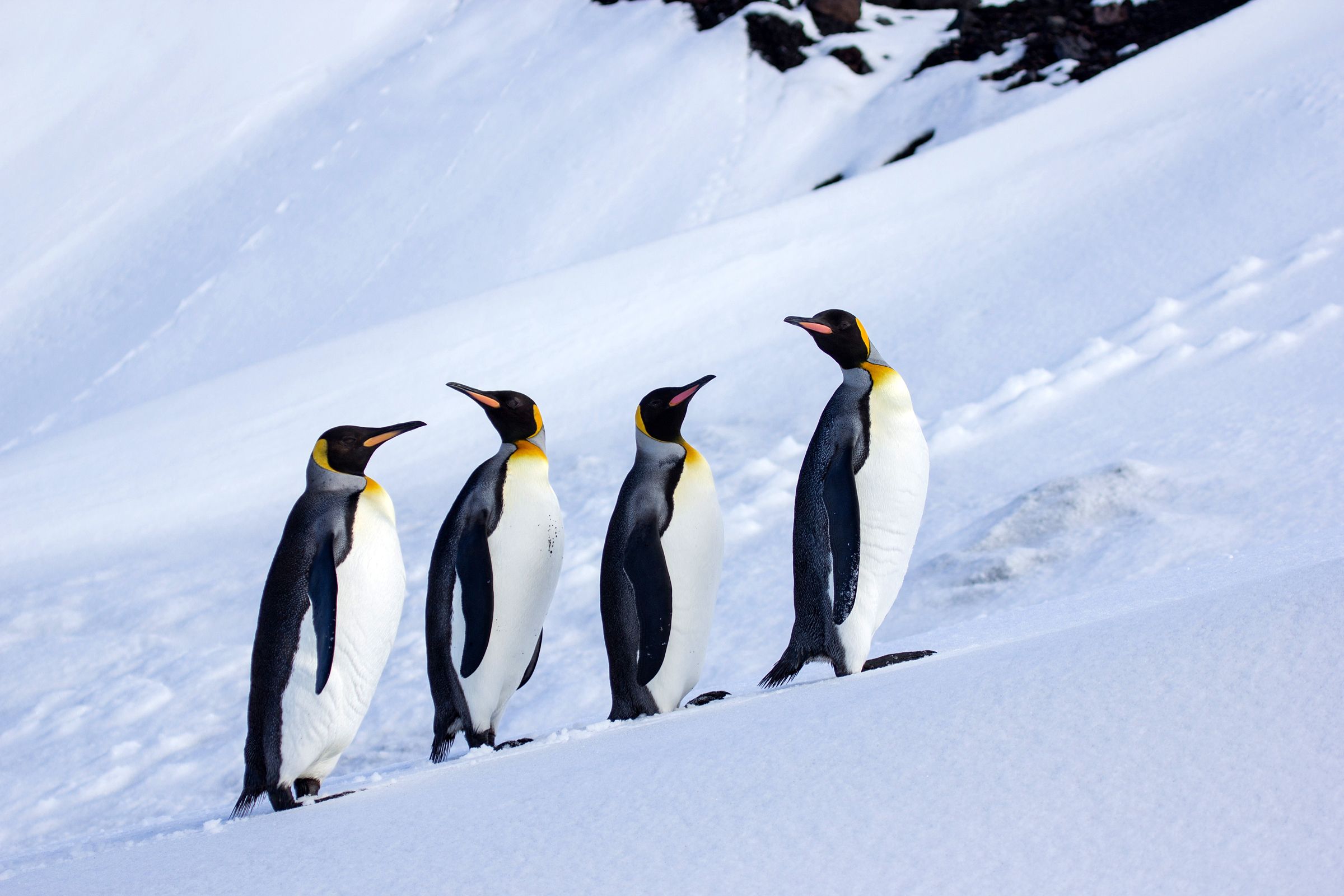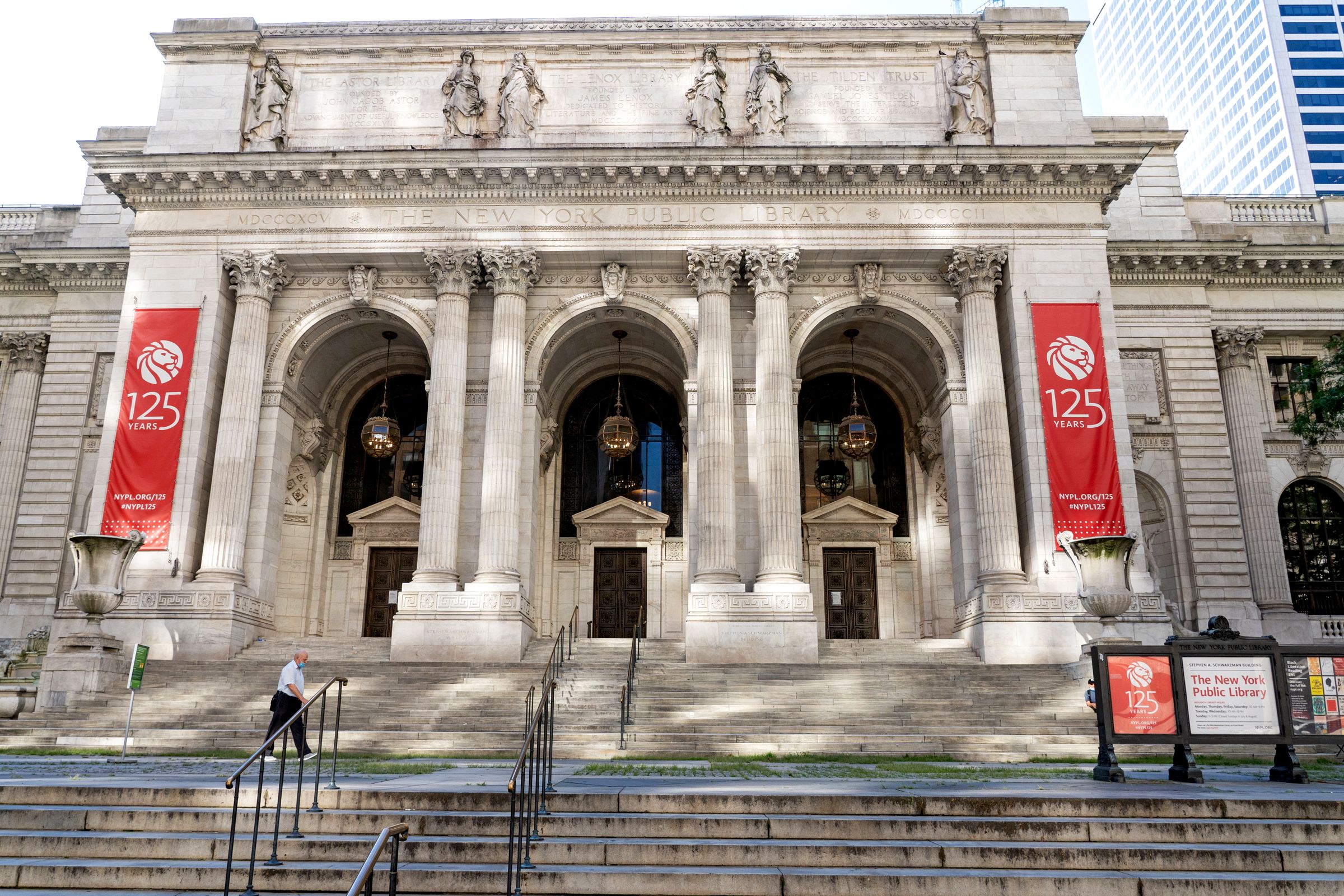Trump Tariffs Hit Antarctic Islands Inhabited by Zero Humans and Many Penguins
The recent imposition of Trump’s tariffs has reached even the untouched Antarctic islands, heavily impacting the wildlife population living on these remote lands. These islands, home to zero human inhabitants but many penguins, are now facing economic challenges due to the additional taxes and levies imposed on imported goods.
The penguins, who rely on international trade for essential supplies such as fish and medical equipment, are now struggling to access these goods due to the increased costs. This has led to a decline in the penguin population, with many unable to survive without necessary resources.
Environmentalists and wildlife conservationists are rallying against the tariffs, arguing that they not only harm the penguin population but also disrupt the delicate ecosystem of the Antarctic islands. The repercussions of these tariffs are far-reaching, affecting not only the penguins but also the entire food chain and biodiversity of the region.
The Trump administration has defended the tariffs as a necessary measure to protect American industries and jobs. However, critics argue that the impact on the Antarctic islands shows the unintended consequences of such policies on vulnerable wildlife populations.
Efforts are now being made to provide aid and support to the penguins on the Antarctic islands, with international organizations working to mitigate the effects of the tariffs. It remains to be seen how the wildlife inhabitants of these remote lands will adapt to the new economic challenges they face.
In the meantime, the Trump tariffs continue to have a profound impact on the Antarctic islands, serving as a reminder of the interconnectedness of global trade and its consequences on the world’s most vulnerable populations.





More Stories
Amazon’s AGI Lab Reveals Its First Work: Advanced AI Agents
Unpacking ‘Good Quests,’ Christianity, and Caviar Bumps
Sam Altman Says OpenAI Will Release an ‘Open Weight’ AI Model This Summer